Contents
What is root? in Android & Advantages and Disadvantages
Root or not root, that is the big question for all android users. The root has both good and bad, It means total freedom but also opens the door to the dark side. Many users do not dare to rooting your Android phone by fear of not known about root. So today you clarify all doubts about the root in this list of frequently asked questions.
- What is a custom ROM?
- Deleting preinstalled applications
- What it is to be root?
- How does the root?
- Will I lose my warranty?
- Reasons for root & Reasons NOT root?
- What is a ROM? What is flash?
- Custom Recovery To be or not to be root?
What is root?
The root word comes from English and its translation into Castilian is “root“. Being root on Unix system (such as Android, Linux, Chrome OS, Mac OS or OS used in PS4 Orbis) means to be a superuser and have, therefore, full access to the system. Is something like being administrator on a Windows system.
By becoming this type of user, doors open that the system had closed so far, because we can handle all your files. This provides great freedom to modify the system itself. Being root is not absolutely necessary to enjoy our smartphone, but it gives us many more possibilities. On the other hand, it has its risks and disadvantages.
How to root?
Root means having more permissions than other users. Usually, to have these advanced permissions we have to change our system. All Android systems that manufacturers include in our terminals do not have root access by default to ensure user safety.
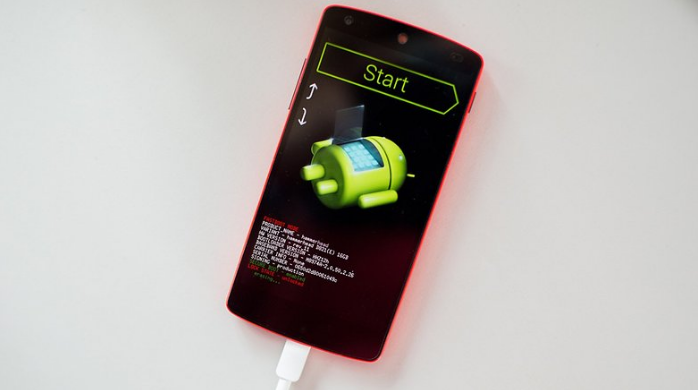
For root or root to a terminal we install a firmware with this kind of privilege, either by installing all new system or at least the kernel of the operating system. The process for root depends on the manufacturer, model of our device and Android version you are running.
The first step is to skip the block to install a new bootloader software. In some devices this is locked and does not allow the user to install another operating system or part of it. In these cases usually skips in lock thanks to an exploit that allows us to install a custom recovery to install whatever we want. In other cases, such as the Nexus, the bootloader can be unlocked with the ADB from a computer and install whatever we want.
By doing this manipulation on our device, we are naturally altering the initial state and this can lead us to have problems with warranty. It is true that in most cases the process is reversible and can be reset to factory defaults and reinstall the official ROM.
Will I lose the warranty if I root?
We went into marshland. We’ve all heard that making root lose the guarantee, partly true and partly not. As I just said, having handled the initial warranty phone status is lost. But with a little cunning and knowing the necessary directives of the European Union we can avoid that obstacle.
If you live in the European Union and your smartphone was bought in one of the member countries, the issue of the root and the guarantee is a bit more complicated, depending on the manufacturer and the device can lose or not.
In short, if the error has your smartphone is not the result of performing root, there is nothing to fear. Now, if the matter is complicated or you not know the reason that has made your smartphone needs to be taken to the technician, it may be convenient to restore the factory settings and flash the original ROM. Care must be taken to counter flash Samsung devices, one of the first things to look coach in question. Therefore, it is highly advisable to reset the counter flashes (only terminals Samsung).
What are the Benefits of rooting smartphone?
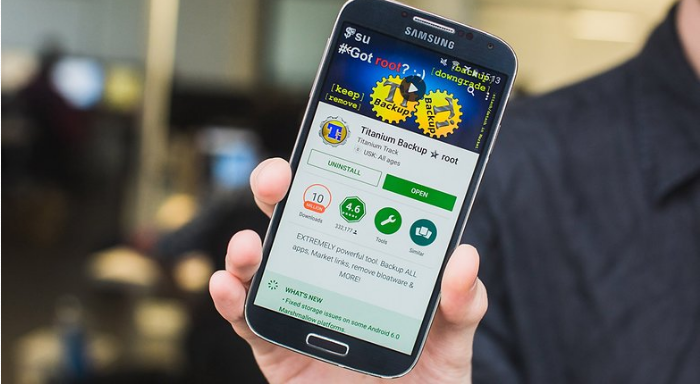
As I said before, with root access get full control of your smartphone Android (who would not want that?). This control will allow us to install custom ROMs (Custom ROMs), remove applications that do not use standard and make full copies of data through, for example, Titanium Backup, and use endless applications that require root permissions.
It should be noted that changing to a kernel root, and without installing a custom ROM, we can make a lot of changes in our smartphone thanks to the Xposed Framework modules . If you are interested in this topic I recommend you consult the best Xposed modules .
Then I will outline the main advantages and disadvantages of root the device. Changing the software that your manufacturer puts on your device has its pros and cons and you always have to be cautious.
Reasons for root your Android phone
Reasons for root your Android phone
1. A world of new applications
Android offers a wide range of applications for all occasions and purposes, but when we do something a little “more advanced” always root permissions are required. With root access you can use programs uninstall bloatware (apps preinstalled) plus Firewall, management systems for multi-touch control gestures and all those applications root modifying system files.
On the other hand there are applications that, although work without root permissions, offer many more features when they do have them.
2. Personalization like never before
Android devices are known for the ability to change laucher, icon packs, wallpapers, ring tones, keyboard sounds and more. However, this customization is limited to a superficial aesthetic change. With root permissions can modify system files to personal taste, including system sounds and boot animation.
3. Performance beyond
There are many applications that can free your RAM and improve the speed of your device. In fact we even have a forum thread in which we propose several solutions, many with root, to improve storage of your smartphone. With normal methods it is very difficult, if not impossible, to overcome the limitations imposed by the hardware. Again, the root permissions come to the rescue and they can even accelerate the speed of the CPU by overclocking.
4. Optimize Battery

Smartphones continue to evolve, but the Achilles heel of most is the battery. Many devices have difficulty reaching the end of the afternoon without reloading. With root permissions you can access different files that controls energy expenditure, taking more control of the CPU and its control limits battery.
5. Xposed Modules
Xposed is a framework for which there are different modules that allow you to modify and customize even the most remote aspect of your smartphone. You can only have Xposed if you are root. The possibilities are endless and there are many developers involved and highly motivated to bring you the latest features.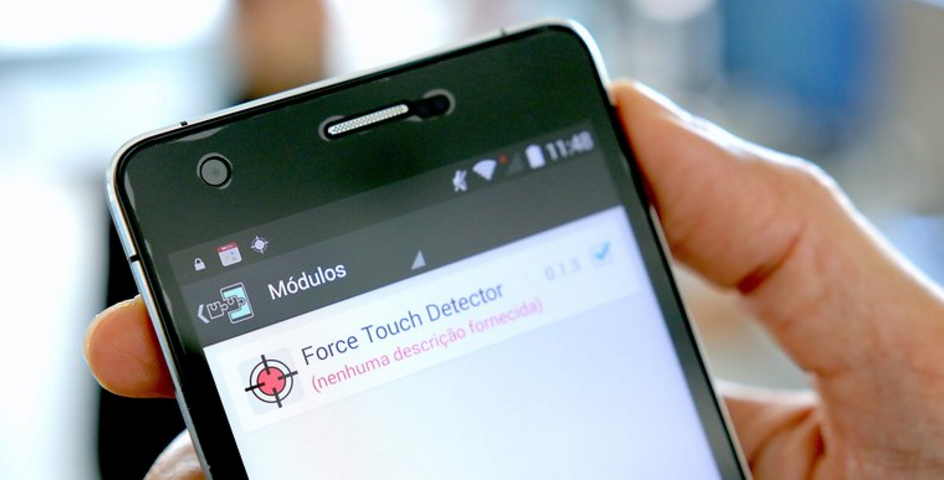
6. flash a Custom ROM
Obviously this is the reason that most Android users decide to get root permissions. In addition to radically customize a smartphone, the leading developers of ROMs have amply demonstrated that they improve performance, fluidity and functions of your smartphone. It also allows us to add options to our phone did not come with the model, from voice controls, gestures, and most importantly: Android updates to arrive no longer officially.
7. Backing up data with deep security
Every Android device has the ability to make a backup of applications and data within certain adjustments or by using Kies software management type. Even if you decide to use these functions and combine them with the services offered in the cloud, nothing can compete with all that you offer the root permissions. Starting from the full backup can be done from custom recovery or an application like Titanium backup.
8. Full control of your device
What bothers some users are not able to use freely and without restrictions something that is ours. By its nature, Android is a free system that was created with the idea of creating an ecosystem of independent software and hardware, at least as much as possible. Obtaining root permissions, in addition to the above benefits, makes you the sole ruler of your phone and can do anything you want, customize it as you like and not rely on any manufacturer (either for good or for bad).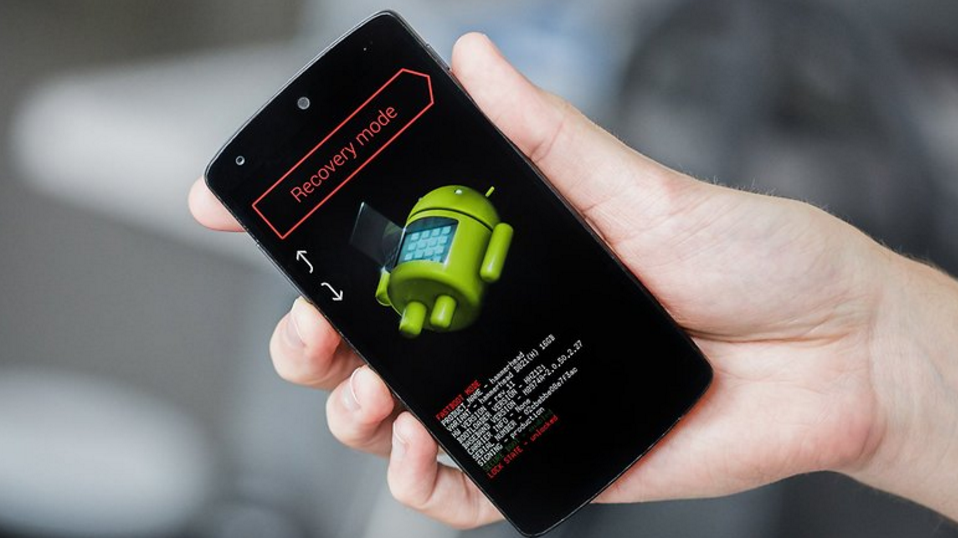
Reasons for NOT root
Reasons for NOT root
1. Root makes your Android insecure
As you can see, each time you install an application, it asks you to bestow some privileges. If you are user root of your terminal, you can give access to all files in the system to any application. That is, nullify the action limits normally have applications. Applications are no longer in a sandbox and have access to everything.

This is a huge security risk to your Android. If any malware accidentally access your terminal, either through an infected application through an unsecure connection to a Wi-Fi “free” or simply browsing pages long, it can wreak havoc on your security without you know it because you will have access to the entire system.
2. Increasingly fewer applications that require root access
With each version of Android more opportunities open to the general public. At the beginning of the expansion of Android, the system was closed. Root access needed for many more things than now. For example, you can record Lollipop desk while doing any task or tutorial and edit a video, which until Android 4.4 Kitkat was something that was only reserved for root users. And sure with the next version, Android M , the chances will increase.
3. Be root is complicated
For beginners, you have to search for information over the network to learn how to root, since each terminal root differently and sometimes the process can be complicated. But anyway I would say that rooting your Android is the easy part.
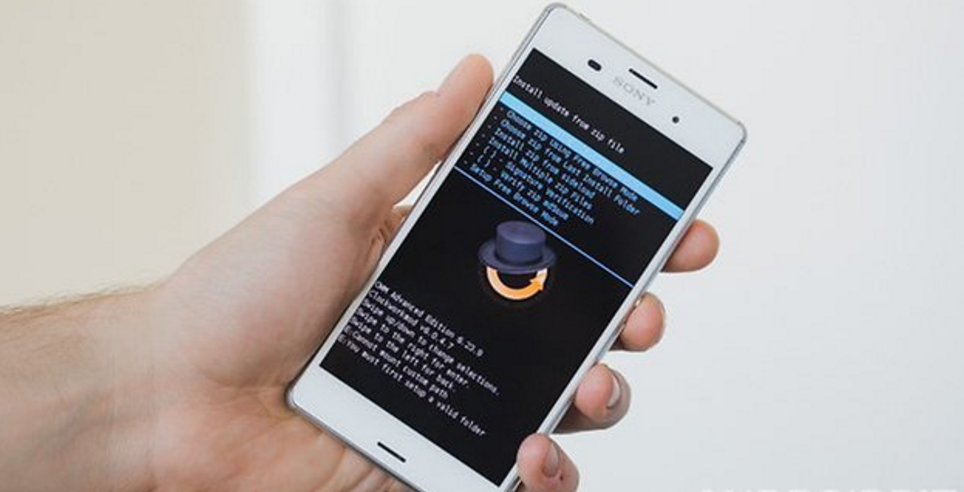
The hard part begins on the day-to-day root, as you have to be careful with the applications you install, what permissions you give them, why browse pages, where you connect, what file system delete, etc. And if something bad happens you’re just you and your brick and pray because someone has gone before and find it in some forum.
4. Problems with updates
When we are root users can have problems when updating the firmware of our terminal via OTA. Given the wide range of manufacturers it is very difficult to give a general figure. However, the trend is about new updates disappear when the terminal is rooted.
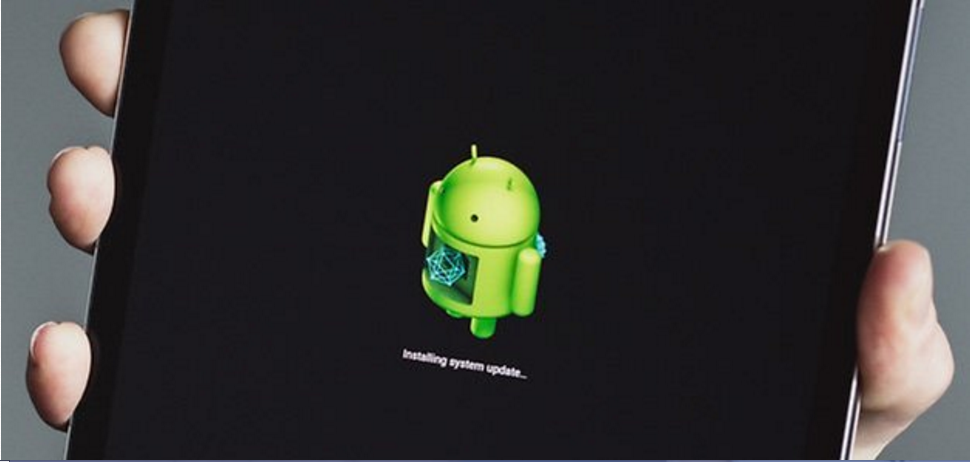
Although it is always possible to install new software manually. Whatever we get the update, most likely this end the rooted the terminal, having to redo the process again if we want to enjoy their privileges.
5. You can lose the guarantee
Obviously give root access privileges is something that officially is not allowed by the manufacturers. Otherwise terminals and sell directly Rooted factory. In Europe, depending on the terminal, legislation may be benevolent with the user. If you are able to undo the root , probably you will not have problems in the service.

But in many parts of the world this is not so, usually you can lose the guarantee at the same time when rooteas the smartphone. Some devices, such as Samsung, also incorporate a timer that will not take flasheos eye to the time you install a new unofficial operating system in the terminal. Although this counter can be reset , no one says you do not miss your warranty.
What is a ROM?
Overall, the ROM memory is the part that contains the operating system of your Android. But it also called ROM software containing the operating system which is installed in said memory, it is as inherit the name.
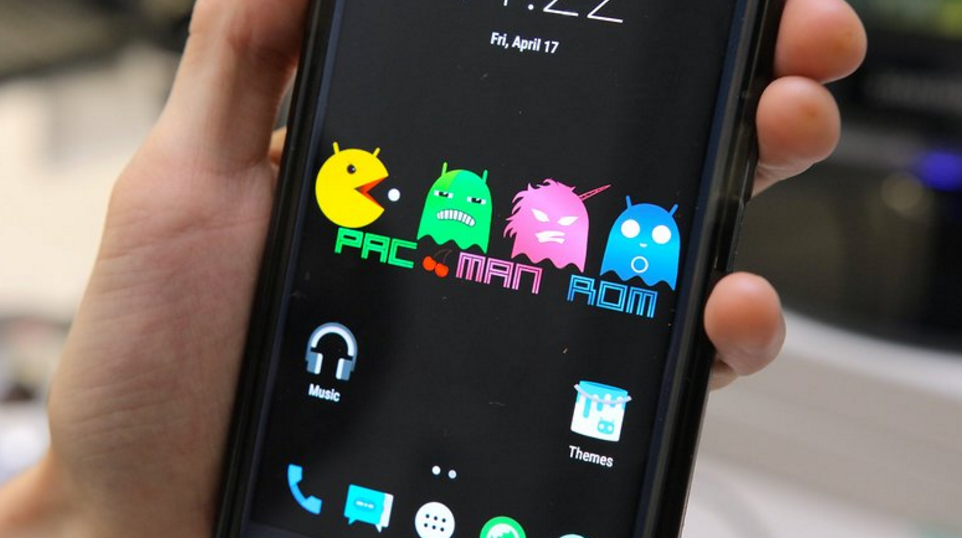
There is so much ROMs officers are those that the manufacturer installed on our device and there is also custom ROMs (custom ROM) or cooked ROMs that are developed by the community, from anonymous developers to organizations such as Cyanogen. These custom ROMs often offer more features and options that we see in the original ROM.
What is flash?
“Flashing”, also from the English “flash” comes to refer to the installation of a ROM. The flashing process can be performed from a computer with ADB or Odin (Samsung) connecting the device with a USB cable or directly from the Custom Recovery you have previously installed on the terminal.
Will I receive official updates as root?
Yes and no. A rooted device does not usually receive updates via OTA. In some cases you can download the update but then you can not install. Normally there is always a possibility to install the update manually .
What is a Custom Recovery?
Recovery Mode or Recovery Mode is used to perform various operations such as error correction or restore factory settings. Now, if we install a custom recovery (custom recovery) will get more options like the ability to flash a cooked ROM.
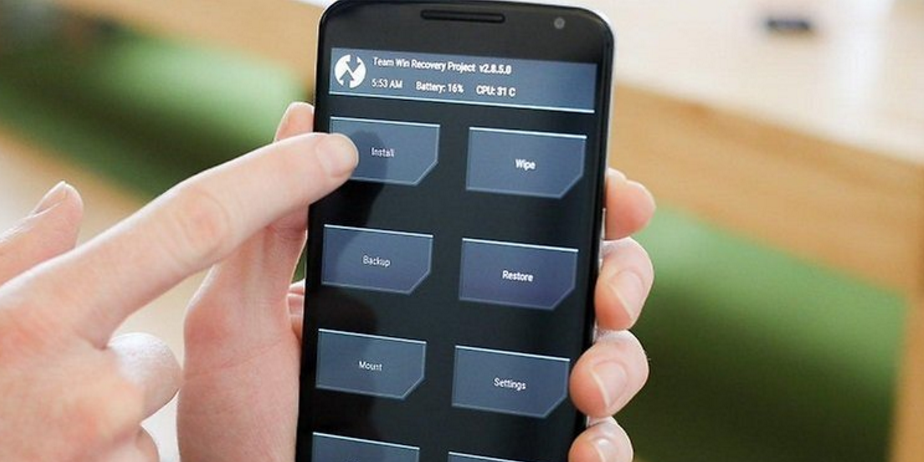
Being root is not for everyone. You must be of legal age in Android knowledge. Be superuser on your smartphone opens the door to many functions but also endangers your device against viruses and Trojans .
The root you can open the door to many interesting things, such as installing applications only for root or install another (ROM) operating system, but if you do not have these concerns by modifying your system to the limit called putting its safety at risk may not worth your while in any way.
Finally, it is a benefit that carries risks. What do you think about being root? Leave a Comment



![How to Get iOS 12 Emojis on Any Samsung device [ROOT] iOS 12 Emojis](https://techindroid.com/wp-content/uploads/2019/02/iOS-12-Emojis-218x150.jpg)